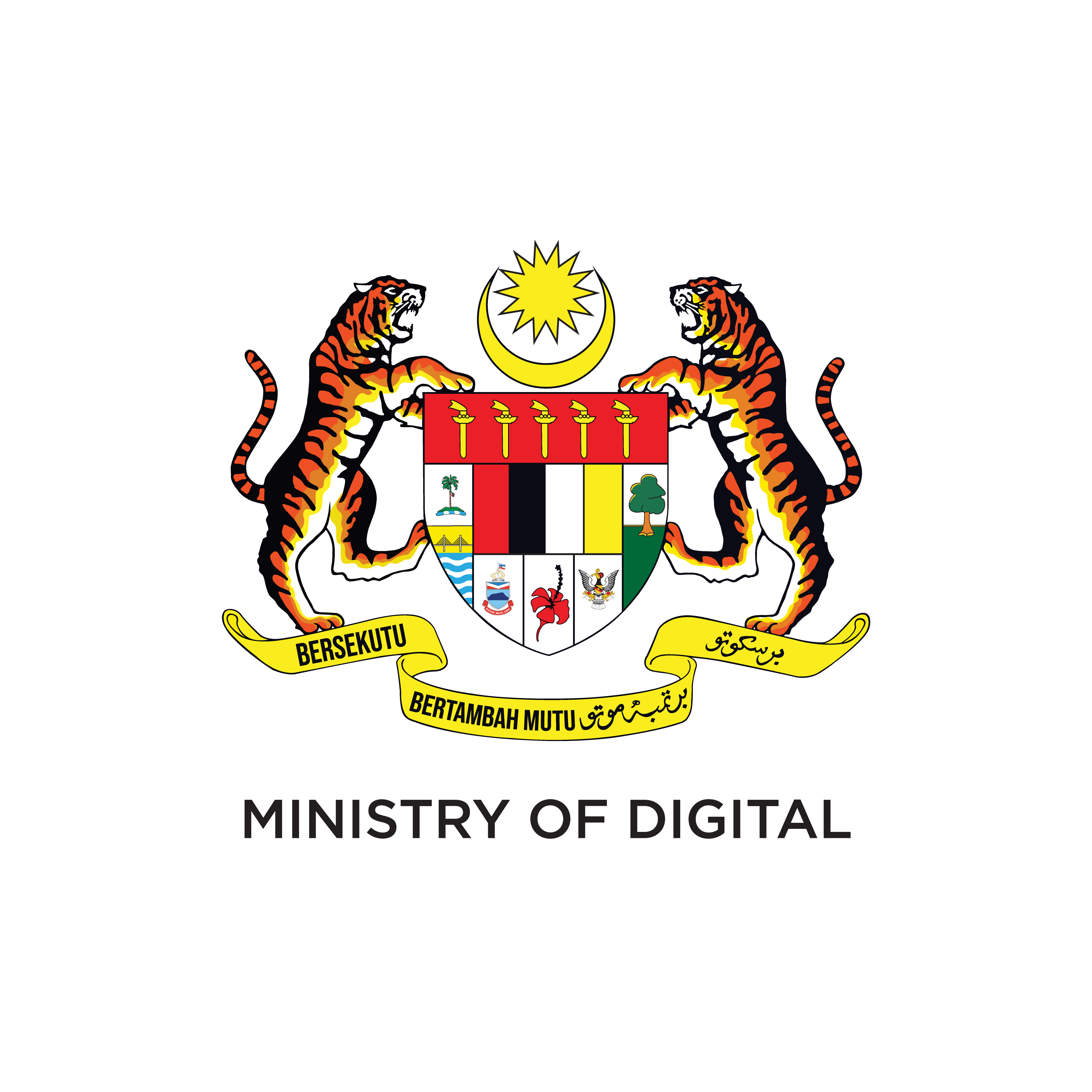Post-quantum cryptography refers to cryptographic algorithms and protocols designed to be secure against attacks by quantum computers. With the advent of quantum computing, traditional cryptographic algorithms may become vulnerable, necessitating the development and adoption of new encryption standards.
Post-quantum cryptography is essential for ensuring the security and integrity of digital communication in the face of quantum computing advancements. Without robust post-quantum cryptographic solutions, sensitive data transmitted over the internet could be at risk of interception and exploitation by quantum adversaries.
Quantum computers have the potential to break widely used cryptographic algorithms, such as RSA and ECC, by exploiting their underlying mathematical principles. As quantum computers become more powerful, the security of traditional cryptographic schemes diminishes, highlighting the need for post-quantum cryptography.
There are four families of post-quantum cryptographic algorithms including lattice-based cryptography, code-based cryptography, hash-based cryptography, and multivariate polynomial cryptography. These algorithms are designed to resist attacks from both classical and quantum adversaries.
Organizations can prepare for the post-quantum era by staying informed about developments in post-quantum cryptography, conducting risk assessments to identify potential vulnerabilities, and transitioning to post-quantum cryptographic solutions when appropriate. Collaboration with cybersecurity experts and adherence to industry best practices are also crucial for preparedness.
CyberSecurity Malaysia, through its Cryptography Development Department, plays a pivotal role in post-quantum initiatives. It spearheads research in post-quantum cryptography and advocates for the adoption of post-quantum encryption standards tailored for Malaysia. Additionally, it provides guidance and support to organizations preparing for the quantum era, ensuring they are equipped with the necessary tools and knowledge to navigate the evolving cybersecurity landscape.
To get involved in post-quantum initiatives, you can join the PQC Special Interest Group. This group aims to facilitate the sharing of the latest knowledge and information related to post-quantum initiatives. Through various activities such as workshops, knowledge-sharing sessions, research, document development, forums, and more, the aim is to provide a platform for all stakeholders to participate in the development of post-quantum initiatives. To register as a member of the PQC Special Interest Group, please fill out the form available at the following link: https://bit.ly/PQC-SIG.
For more information about post-quantum cryptography, you can explore resources provided by CyberSecurity Malaysia including articles, whitepapers, and educational materials available on the website. Additionally, reputable academic journals and conferences often publish research papers on the topic.

